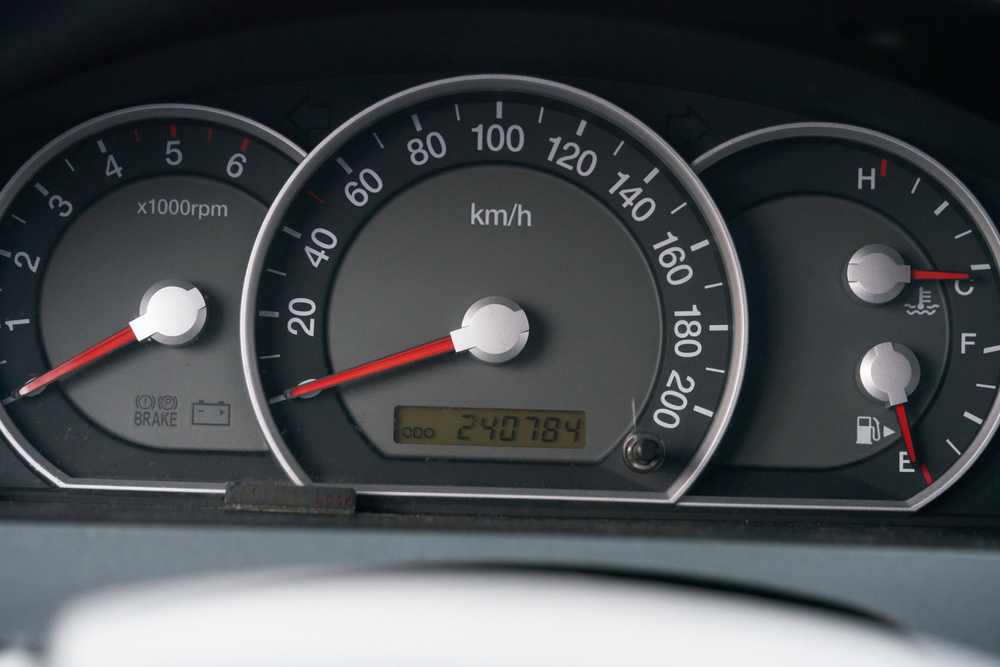
As an employer, you can pay your employees tax-free mileage payments where they use either their own car or a company car for business journeys. However, the rates that you can pay tax-free depend on whether the car is the employee’s own or a company car and, where the employee drives a company car, the engine size of the car and the fuel that it uses. It is important that you use the correct rates to avoid landing the employee with an unwanted tax bill.
Employees using their own cars
Where an employee uses their own car for business journeys, you can pay mileage payments tax-free up to the approved amount. For tax (but not National Insurance), the approved amount is calculated for the tax year as a whole by multiplying the employee’s business mileage for the year by the approved rate set by HMRC. For cars and vans, the approved rate is 45p per mile for the first 10,000 business miles and 25p per mile for any subsequent business miles. This means that if an employee drives 12,000 business miles in the tax year, you can make mileage payments of up to £5,000 tax-free.
If you pay less than this, or do not make mileage payments, the employee can claim a tax deduction for the difference between the approved amount and the amount you pay, if any.
You can also make tax-free mileage payments if an employee uses a motorbike or bicycle for business journeys. The approved rates are set at 24p per mile for motorcycles and at 20p per mile for bicycles.
For National Insurance purposes, the 45p rate for cars and vans is NIC-free regardless of the employee’s annual business mileage.
The approved rates are the maximum you can pay tax-free, even if the actual costs are higher. Anything in excess of the approved rates is taxable.
Employees driving company cars
Where an employee has a company car but meets the costs of their own fuel, the mileage payments that can be made tax-free are lower than for employees using their own car for business.
HMRC publish advisory fuel rates quarterly which are the maximum amounts that can be paid tax-free where an employee uses a company car for business journeys. The rates change on 1 March, 1 June, 1 September and 1 December. Different rates are set for diesel cars, petrol cars and cars running on LPG. The correct rate also depends on the engine size of the car. HMRC also set an advisory fuel rate for electric cars.
The following rates apply from 1 September 2023.
| Engine size | Petrol – rate per mile | LPG – rate per mile |
| 1,400cc or less | 13p | 10p |
| 1,401cc to 2,000cc | 16p | 12p |
| Over 2,000cc | 25p | 19p |
| Engine size | Diesel – rate per mile |
| 1,600cc or less | 12p |
| 1,601cc to 2,000cc | 14p |
| Over 2,000cc | 19p |
From 1 September 2023, you can also make a payment of 10p per mile where the employee drives a fully electric company car.